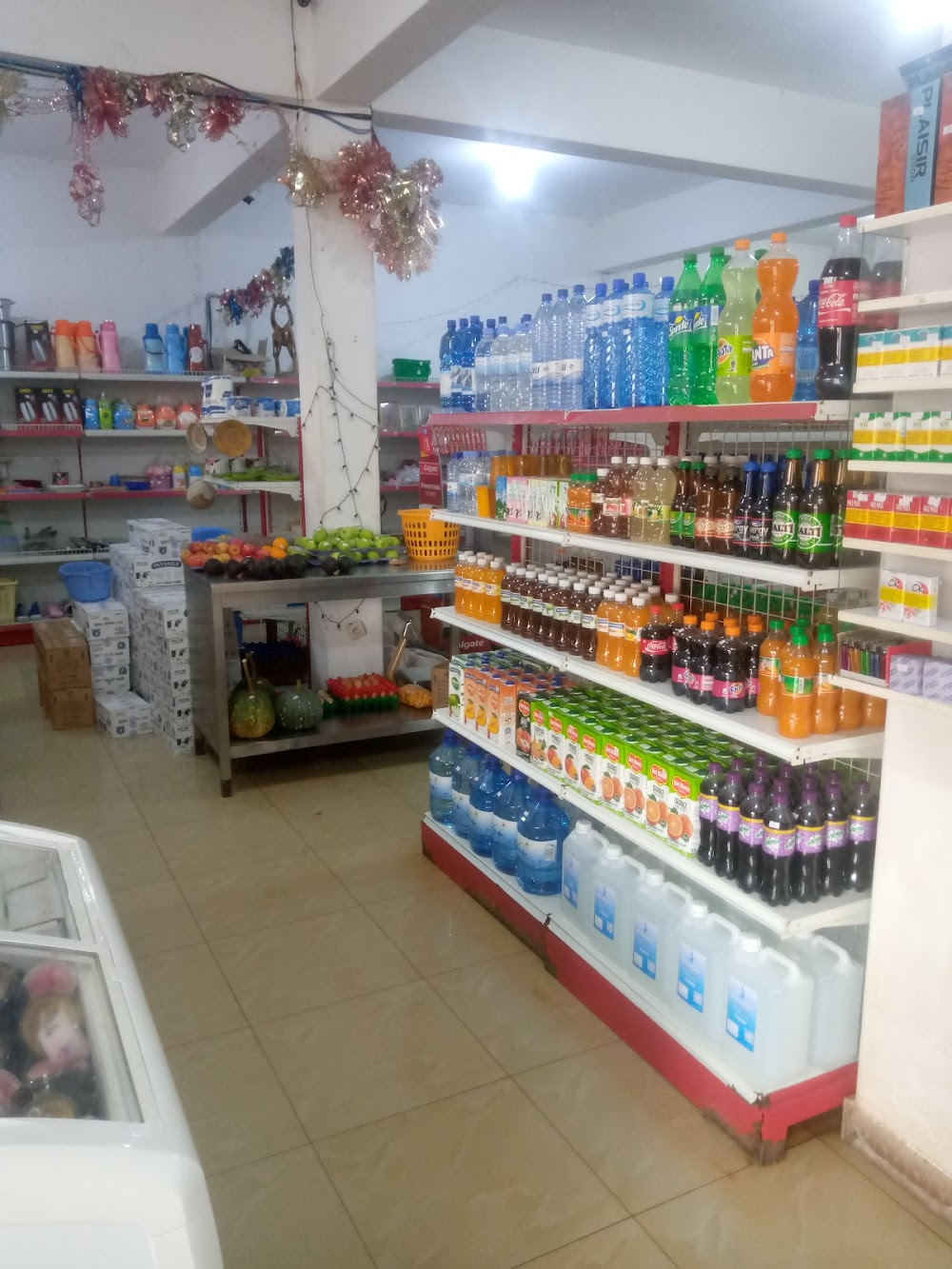Huye Market (Isoko rya Huye)
Overview
**Huye Center Market: A Vibrant Hub of Culture and Commerce**
Nestled in the heart of Butare, Rwanda, the **Huye Center Market**, commonly known as **Huye Market**, is a bustling epicenter of commerce and daily life. More than just a marketplace, it serves as a vibrant community space that embodies the economic vitality and cultural diversity of the region.
The market's construction began in the early 2000s as part of a government initiative aimed at modernizing marketplaces across Rwanda. This initiative sought to replace the informal open-air market that once occupied the site, providing local vendors with a more organized and hygienic environment to conduct their business. By enhancing the shopping experience and attracting more customers, the project aimed to invigorate local economies.
Funded by the municipal government and supported by international development partners, Huye Market was designed with functionality and community needs in mind. Extensive planning and consultations with local stakeholders—including vendors, residents, and civic leaders—ensured that the final design met the needs of all users.
Incorporating **locally sourced materials**, the market has not only bolstered the local construction industry but also reflects the region's identity. The structure features a robust, weather-resistant roof to protect vendors and shoppers from heavy rains, while spacious walkways, clear signage, and designated areas for various goods—such as fresh produce, meat, fish, clothing, and household items—facilitate a seamless shopping experience.
A significant aspect of the market's design is its **sanitation facilities**. Given Rwanda's tropical climate, maintaining cleanliness is essential to prevent disease spread. The market includes waste disposal units, clean water supply points, and a dedicated cleaning team, ensuring a tidy and appealing environment for both vendors and customers.
Modern amenities also play a crucial role in enhancing the shopping experience at Huye Market. Ample parking spaces accommodate the growing number of vehicles, reflecting the increasing affluence and mobility of the local population. Additionally, security measures such as CCTV cameras and regular police patrols ensure a safe atmosphere for all market-goers.
Since its opening, Huye Market has become a focal point of Butare’s commercial landscape, attracting visitors not only from the city but also from surrounding rural areas. This influx creates a vibrant melting pot of cultures and communities. Vendors offer a diverse range of goods, from fresh agricultural produce grown in the fertile lands surrounding Butare to handcrafted items that showcase Rwanda's rich cultural heritage.
A highlight of the market is the section dedicated to **local artisans**. Here, craftsmen and women showcase their handmade products, ranging from intricately woven baskets and pottery to vibrant fabrics and clothing. This area not only highlights the creativity and skill of Rwandan artisans but also provides them with a platform to reach a broader audience.
Throughout the year, **seasonal events and festivals** are celebrated at Huye Market, further embedding it into the social fabric of the city. These events attract additional foot traffic and create a lively atmosphere, transforming the market into a key venue for community engagement and cultural exchange. Its contribution to the local economy is significant, as it allows local farmers and small business owners to reach a wider customer base, thereby boosting their incomes and supporting the region's overall economic development.
In recent years, the market has embraced **modern technological trends**. Mobile money services are now widely accepted, making transactions quicker and more secure in a society increasingly adopting digital financial solutions.
Today, Huye Market stands as a testament to thoughtful urban planning and community-driven development. It serves as a place where commerce, culture, and community converge, enriching the lives of all who visit. Beyond fulfilling its role as a commercial center, the market enhances the communal ties that bind the people of Butare. Its success serves as a model for similar projects across Rwanda and beyond, demonstrating how well-planned infrastructure can drive both economic and social prosperity.







